Mali contends with climate change, manmade conflict, and high population growth. Extreme poverty increased to 19.1% in 2022.
Humanity First USA invests in Mali’s water infrastructure, healthcare, and education.
Mali contends with climate change, manmade conflict, and high population growth. Extreme poverty increased to 19.1% in 2022.
Humanity First USA invests in Mali’s water infrastructure, healthcare, and education.

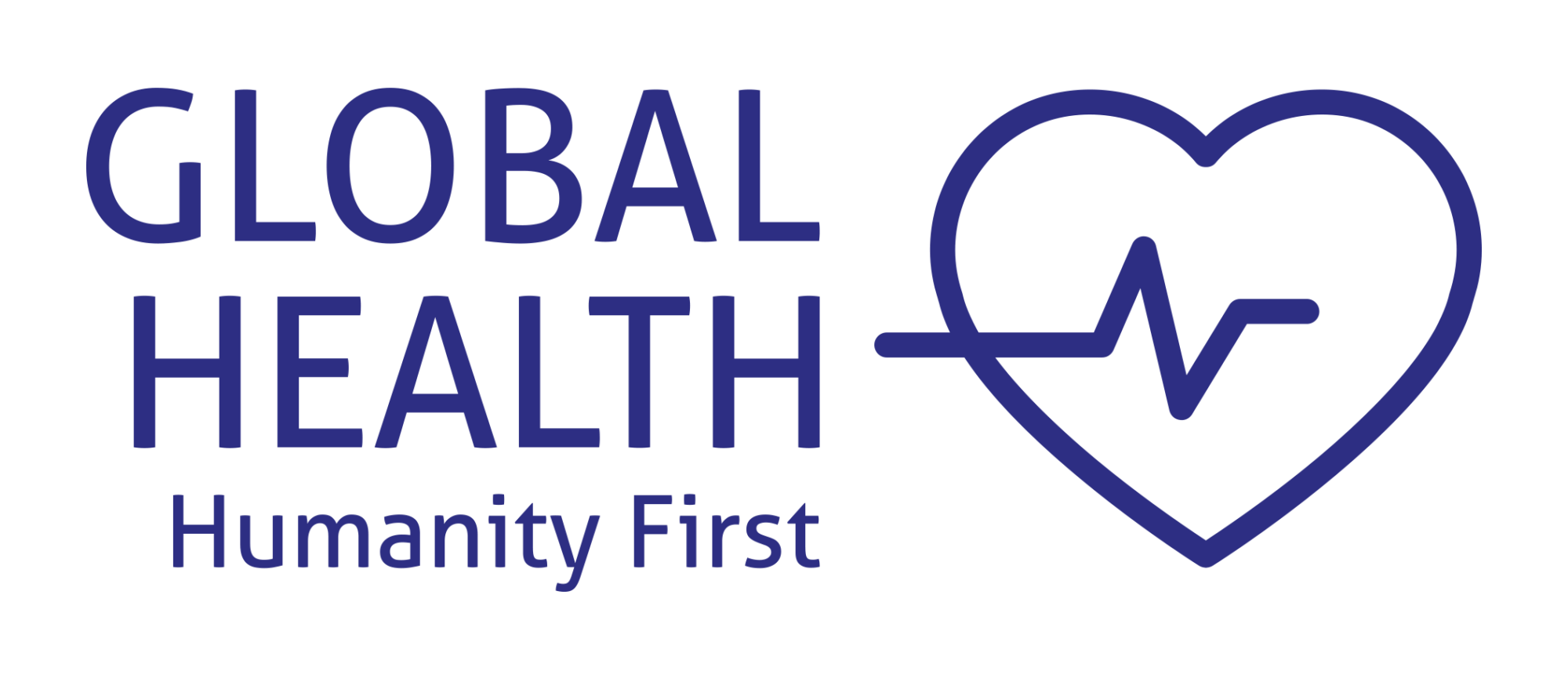
The Humanity First healthcare center in Bamako, Mali has seen over 98,000 patients since first opening in 2013. Open around the clock, it is the only healthcare center in the surrounding area. Highly trained local staff provide everything from routine checkups to surgery.
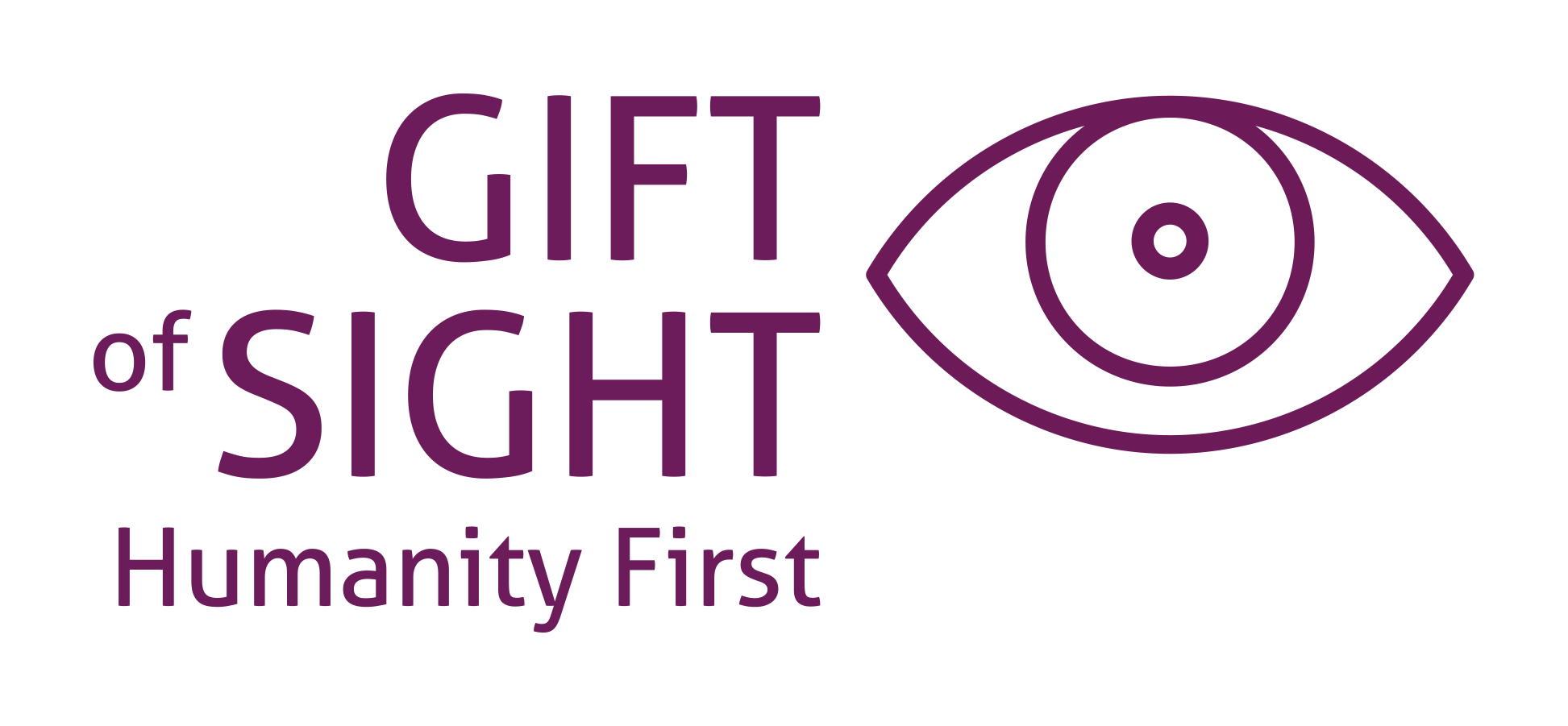
Expanding the reach of the Bamako Medical Center, medical staff host camps and clinics to improve eye health in outlying areas. They have performed 1,500 cataract surgeries to save people’s sight.
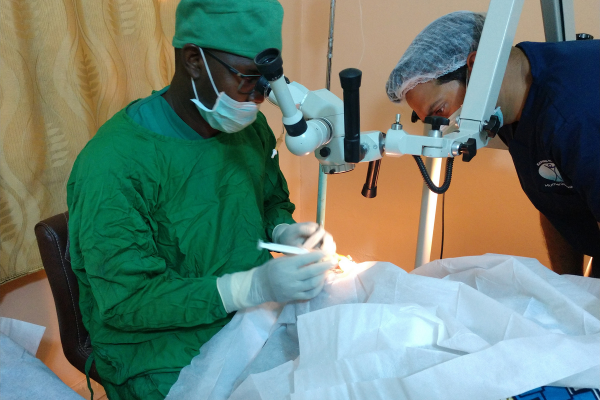

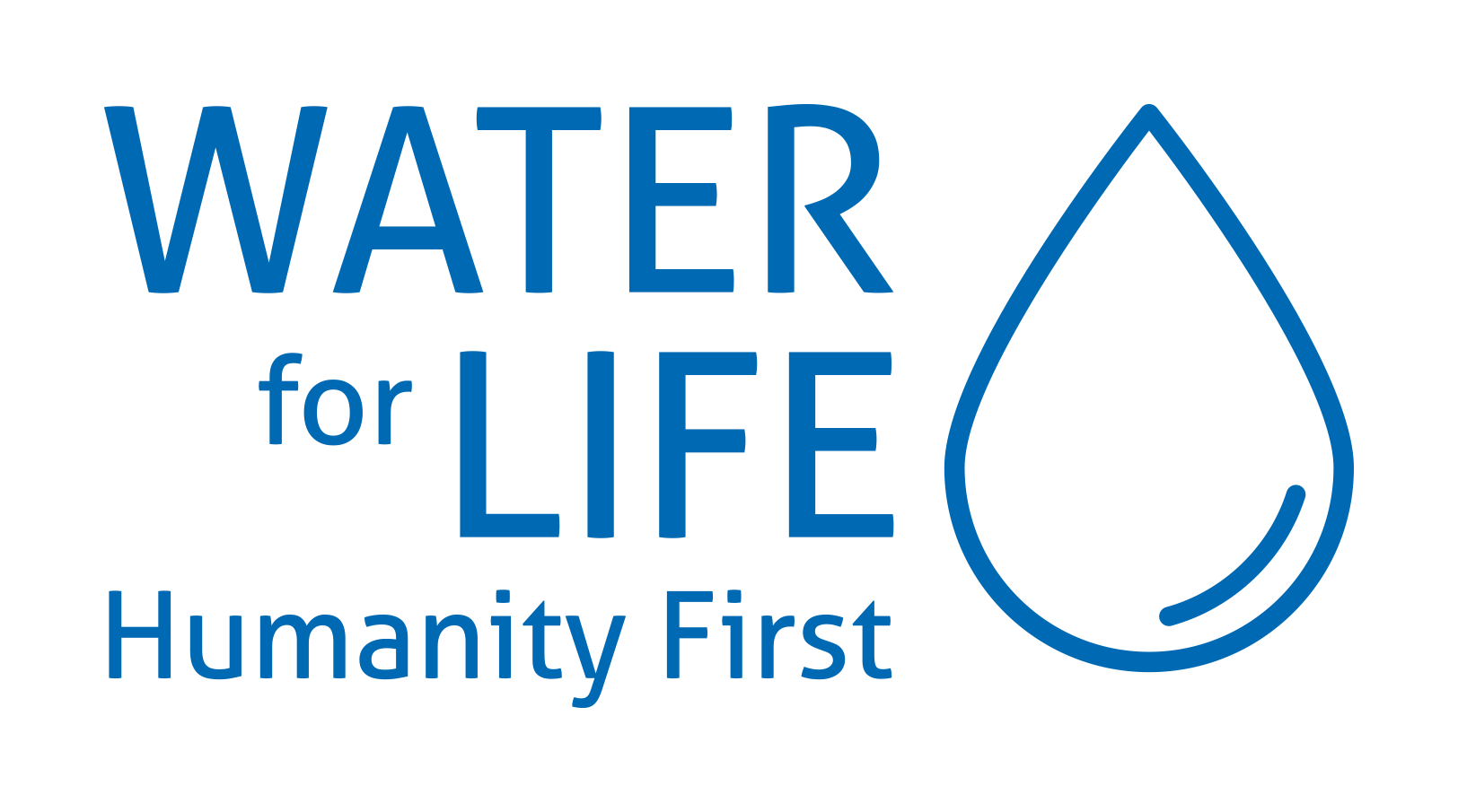
Providing clean water in Mali has been a Humanity First priority and our largest investment in the African continent. Over 625,000 people across the country now access clean water daily using the boreholes and hand pumps dug and refurbished by Humanity First and partners like IAAAE.

Before our Bilal Primary School was established in 2012, the village of Soruntiguila had only one person with a 6th grade education. By 2017 the school was ranked second by the regional education department out of nearly 50 schools in the region. Now, eight schools teach almost 1,500 students each year, many in remote areas that have historically lacked educational access.


Three sewing centers and a language academy train over 1,000 students each year. Youth and adults learn job skills that are valuable in Mali. Top graduates of the three-year sewing course are given a sewing machine when they complete their course so that they can start their new businesses set up for success.
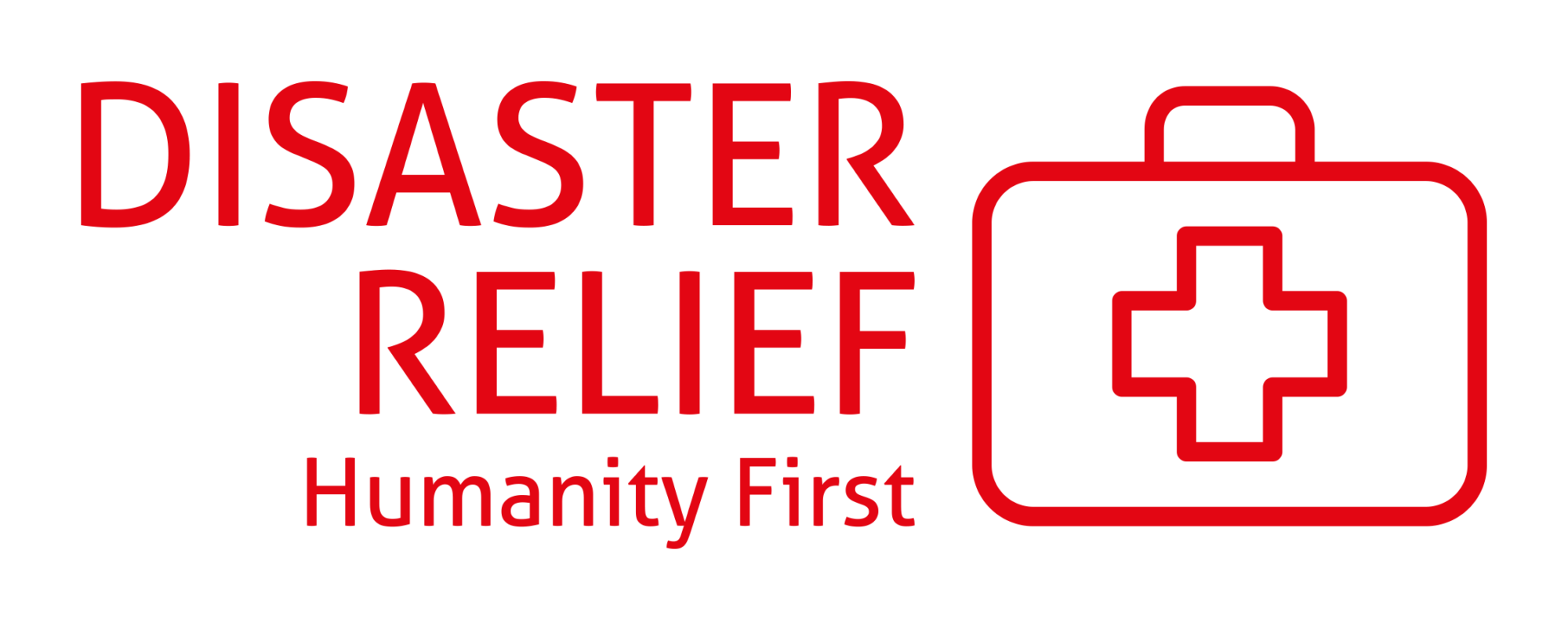
The Northern region of Mali has experienced multiple droughts and civil unrest. In 2017, our team provided 14,000 pounds of rice near Timbuktu, and another 2,500 pounds to displaced people in the Segou region — enough rice for 168,000 meals. In 2019, we returned to provide food, water, and supplies in the area of Timbuktu during a period of unrest.
